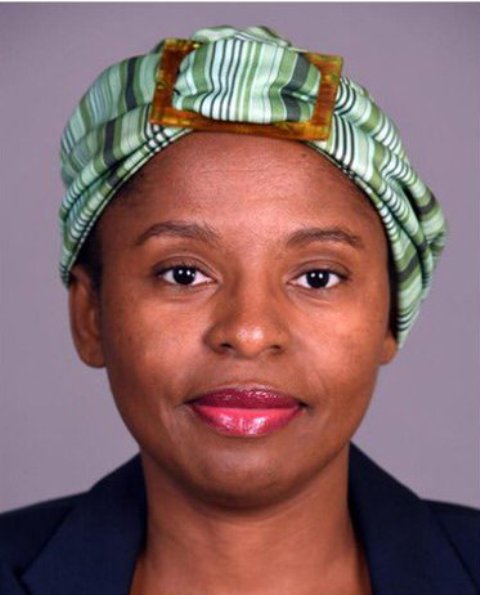Minister Ntshavheni Clarifies Cabinet's Role in Policy and Decision-Making
During the briefing, Minister Ntshavheni underscored that policy decisions are not made by individual ministers but collectively through the Cabinet.

- Country:
- South Africa
Minister in the Presidency Khumbudzo Ntshavheni has emphasized that any policy or significant decision must go through Cabinet before implementation. This statement was made during a media briefing following the swearing-in ceremony of the Deputy President, Ministers, and Deputy Ministers of the seventh administration.
The new Government of National Unity (GNU), composed of members from eleven different political parties, including the African National Congress, Democratic Alliance, Patriotic Alliance, Inkatha Freedom Party, and others, marks a historic collaboration in South African politics.
During the briefing, Minister Ntshavheni underscored that policy decisions are not made by individual ministers but collectively through the Cabinet. She explained, “Both the President and individual ministers are duty-bound to take issues of policy and significant decisions, such as those with financial consequences exceeding a department’s approved budget, to Cabinet. Failure to do so could undermine the validity of such decisions.”
Ntshavheni highlighted that the President, together with the Cabinet, exercises the executive authority of the Republic. She quoted the Constitution, stating that the President and the Cabinet are responsible for implementing national legislation and developing national policy. “National policies are not of individual ministers but of Cabinet,” she stressed.
While the Constitution allows the Cabinet to take collective responsibility, it also provides leeway for individual ministers to handle certain matters. “The Cabinet and the President can determine procedures for working together, including delegating specific matters to individual ministers. However, non-routine matters must be referred to Cabinet for consideration via a Cabinet Memorandum,” Ntshavheni explained.
The Minister also noted that the President has the authority to decide whether a decision referred to him should first be discussed in Cabinet. “This approach is accepted by the Cabinet as its way of ‘acting together with the President’ when he exercises executive authority under the Constitution,” she added.
Additional Context:
The media briefing followed the formation of the GNU, which includes parties such as the Good Party, Pan Africanist Congress of Azania, Freedom Front Plus, United Democratic Movement, Al Jama-ah, Rise Mzansi, and United Africans Transformation. This broad coalition aims to foster unity and collaborative governance in South Africa.
By reiterating the Cabinet's collective role in decision-making, Minister Ntshavheni aimed to clarify the constitutional processes and reinforce the importance of unity and collaboration within the new administration.
- READ MORE ON:
- Khumbudzo Ntshavheni
- Government of National Unity
- Cabinet










